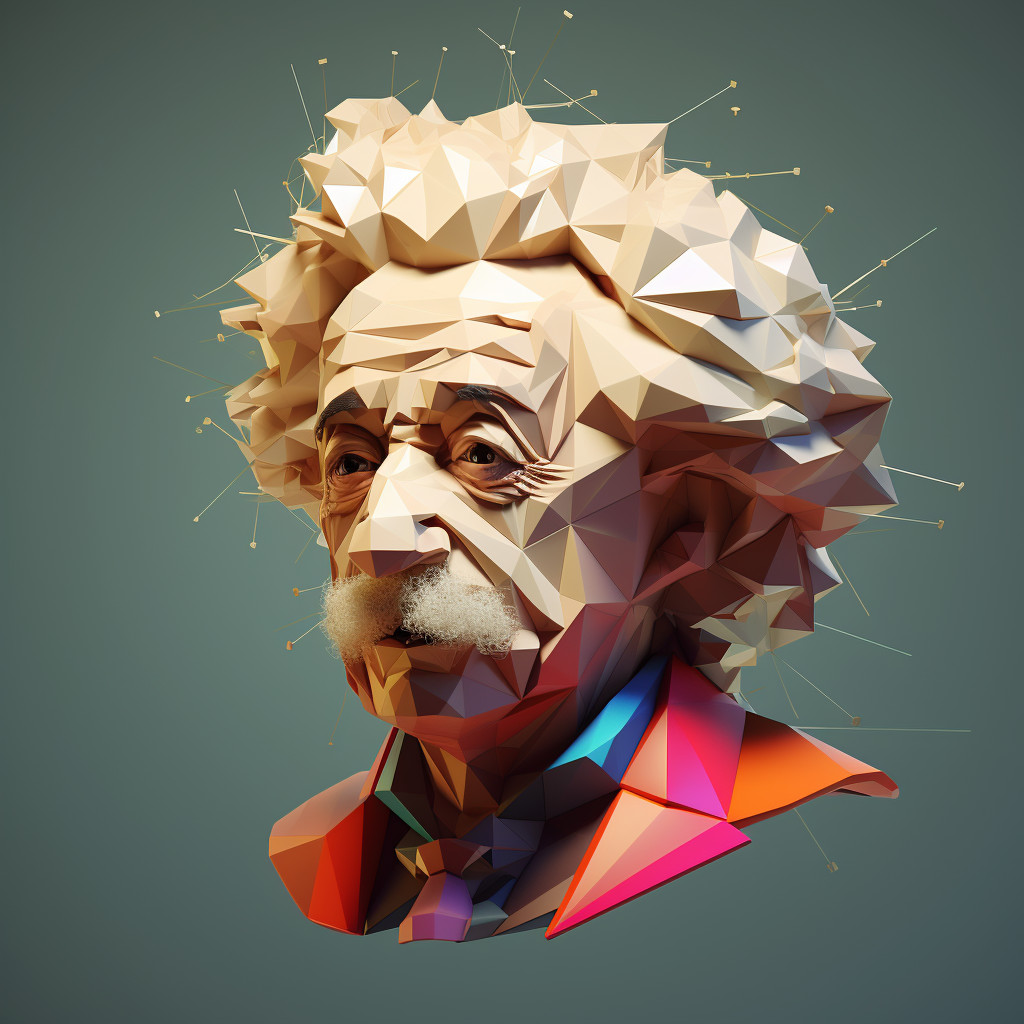This quote suggests the paradox that comes with comprehension. When we say we understand something completely, it implies we’ve reached the end of our exploration, hence we stop questioning, probing, and seeking further. This is the difficulty Einstein is referring to – the danger of believing we have achieved total understanding, which can lead to intellectual complacency.
Understanding is not an end point, but an ongoing process. When we think we know all there is to know about something, we risk closing our minds to new perspectives or information that could deepen or even challenge our current understanding. This is especially relevant in a world that is constantly evolving and where new information is being discovered all the time.
This idea can be applied in today’s world in various ways. In the context of scientific research, for example, it’s vital to maintain an open mind and a sense of curiosity, as new discoveries often challenge established knowledge.
In the realm of personal development, this quote encourages us to adopt a mindset of lifelong learning. The moment we believe we’ve ‘arrived’ or ‘mastered’ a skill, we close ourselves off to further growth. By acknowledging that our understanding is always incomplete, we stay open to new experiences, knowledge, and perspectives, which ultimately enriches our personal and professional lives.
Moreover, in today’s polarized society, this quote is a reminder of the importance of intellectual humility. By recognizing that our understanding of complex issues is always evolving, we might be more open to engaging with different viewpoints, leading to more productive conversations and less conflict.











